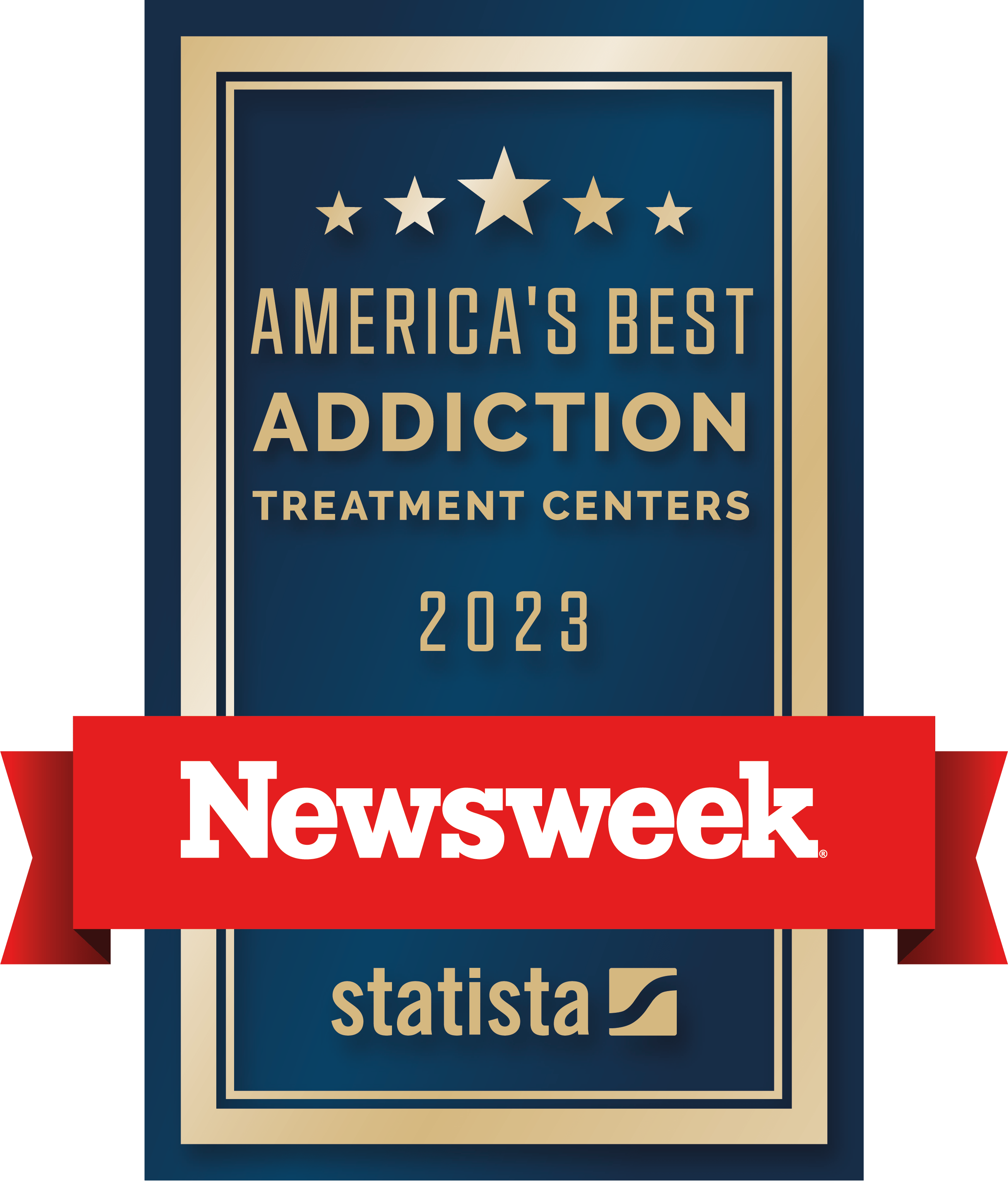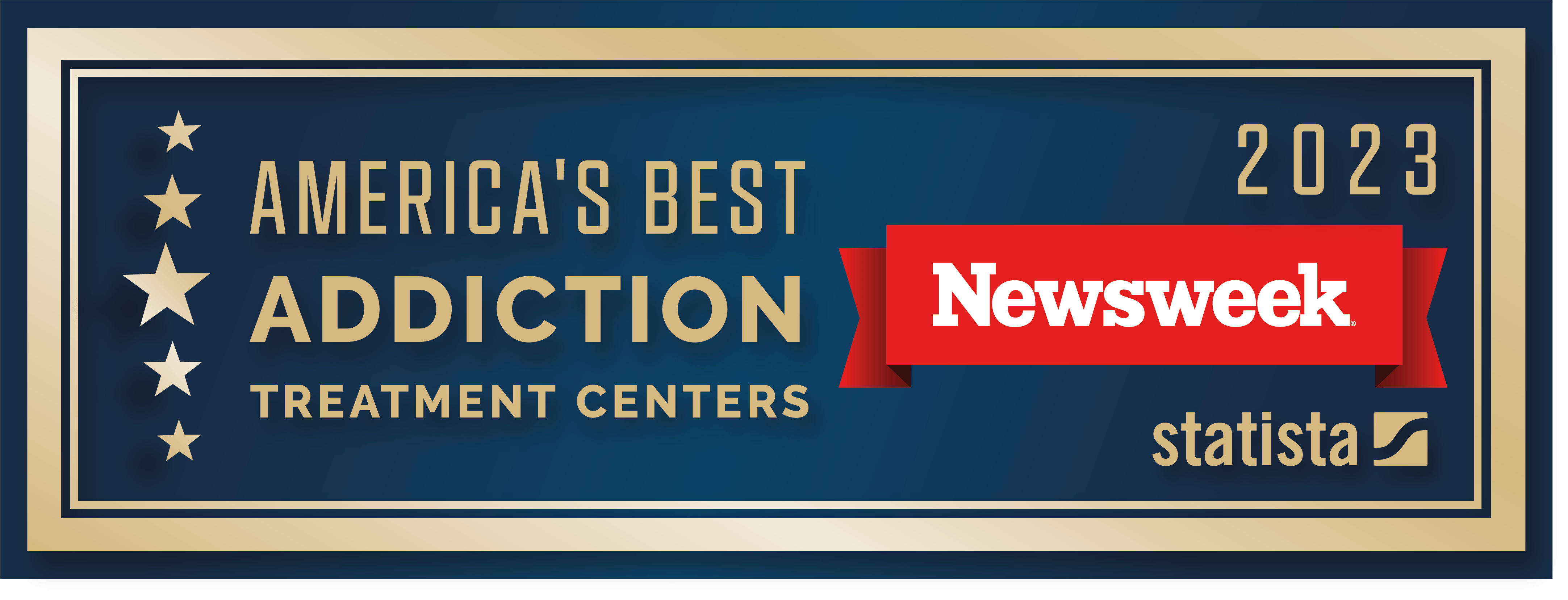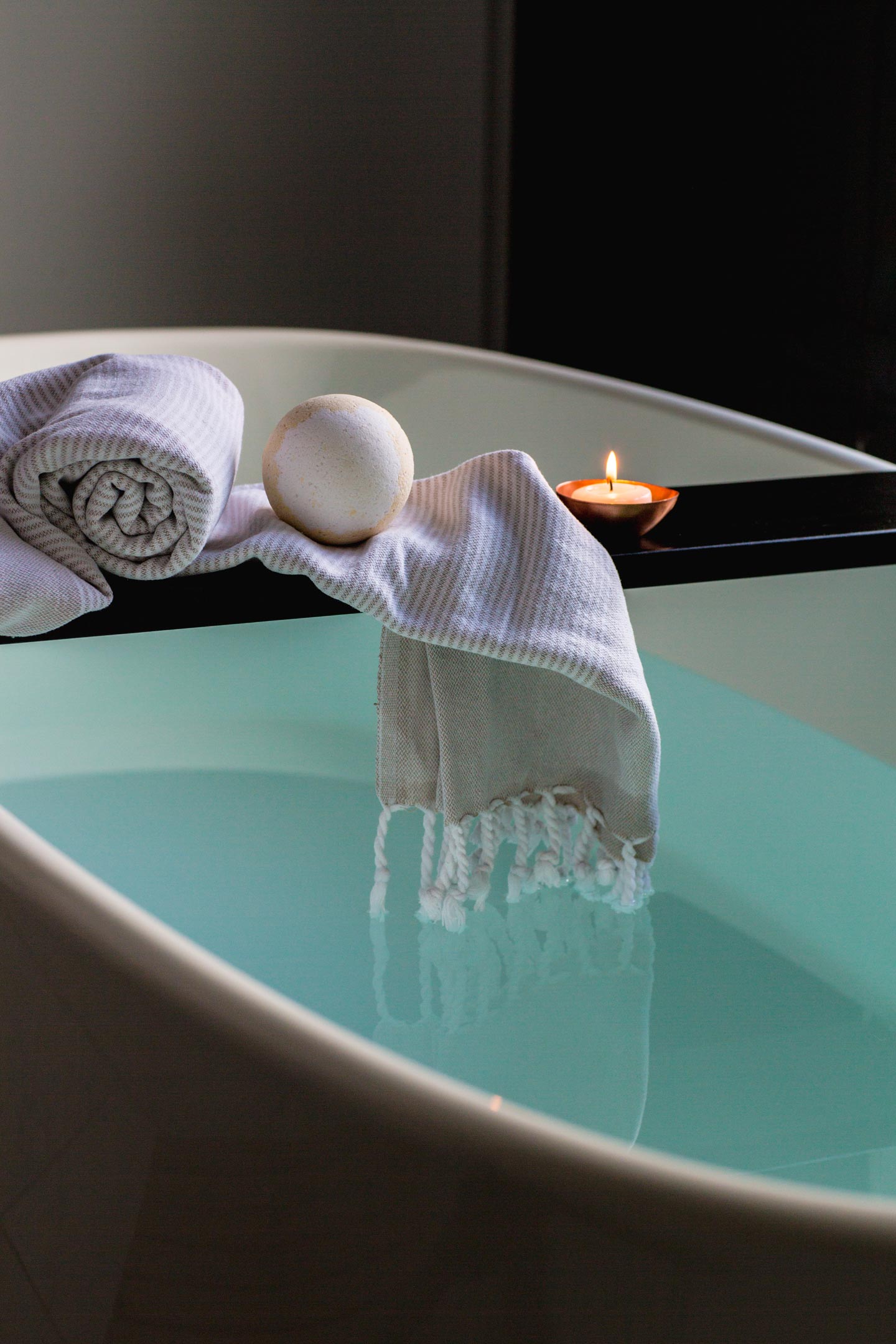We accept most private insurances such as Anthem Blue Cross, HMC Healthworks, and MultiPlan. We can verify your benefits to determine what your coverage is and also determine if you have any exclusions. Learn More.


Rated the #1 addiction program in Malibu. Experience our legacy of transforming lives through clinical excellence in a luxury setting.


Rated #1 addiction program in Malibu. Experience our legacy of transforming lives through clinical excellence in a luxury setting.
A Legacy of Transforming Lives™
96% of Cliffside Malibu patients say they are a better person after treatment.
For more than two decades, Cliffside Malibu is the acclaimed luxury alcohol and drug rehab program of choice for those seeking world-class treatment in a serene setting that values your privacy. Our residential estates are perched above the sparkling Pacific Ocean. It’s where you can step out of the spotlight and day-to-day stressors to focus on reclaiming the life you want - a life free of addiction.


Experience Discovery for Life™
Our Discovery for Life program provides support that’s with you for lifetime at no additional cost. Discovery for Life begins with Discovery365™, our proprietary and confidential assessment interface that prompts you to check in regularly throughout your first year after discharge. Within minutes, you can connect with us should you need additional support or resources. Think of Discovery365 as your virtual safety net as you resume family, work and other responsibilities.

YOUR INDIVIDUALIZED LUXURY ADDICTION TREATMENT PROGRAM WILL INCLUDE BUT IS NOT LIMITED TO:
Medically Assisted Detox. Your detox experience can be made more comfortable through medical oversight and skilled medication intervention. This will ease your transition from the first day of admission through your entry into daily therapeutic treatment programs.
The Stages of Change Model. You currently occupy one of six stages of recovery and your individualized treatment program will be created based on where you exist in that continuum. This personalized model is designed to help you transcend your addiction and maintain sobriety.
Three weekly one-hour meetings with your individual psychotherapist. You’ll have a trusted professional in whom you can confide and rely throughout your treatment program.
Dialectical Behavior Therapy (DBT) will help you to identify and regulate the out-of-control feelings that were previously controlled by the use of drugs or alcohol.

LIFESTYLE AMENITIES
Onsite chefs to prepare healthy, delicious and healing with your dietary needs and preferences in mind.
Distinctively appointed rooms where you’ll enjoy the comforts of home including: a plush robe and slippers, luxurious bedding, Wi-Fi and television. This is a space where you can experience comfort, convenience, privacy and reflection.
Massage, yoga and acupuncture. Experience the ultimate in self-care as you engage body, and spirit. Stress reduction, relaxation and the healing power of touch are important elements in recovery and healthy living.

Intensive Family Programming. Addiction effects the entire family. We will work with your family members to support, guide and help foster stronger family bonds.
Relapse Prevention Therapy will help you recognize personal patterns that lead to relapse and give you the coping skills to avoid those patterns for lifelong recovery.
Ongoing alumni support. Once you are part of the Cliffside Family, we are here for you. Ongoing programs that support sobriety, health and community are regularly scheduled for as long as you desire to take part.
TOUR
Discover an enlightened approach to recovery and rejuvenation in this comfortable, private setting that embraces you with soft breezes and a beautiful mountain view.
TREATMENT PROGRAMS
See how our evidenced-based addiction programs blend clinical excellence and a relaxed, caring environment so you feel safe and welcome every moment of your stay.
LIFE AT CLIFFSIDE MALIBU
Shed your anxiety, with refreshing options like gourmet dining, swimming, movie watching, meditating or various pleasing therapeutic and exercise choices.
WHAT DO YOU WANT TO KNOW?
-
Do you accept my insurance?
-
How much does it cost?
It depends on if you are using your insurance, paying privately, length of stay, and level of care. Learn More.
-
Is there a doctor on site?
We work with a team of physicians and psychiatrists who are experts in addiction and who are available 24/7 via concierge services. Clients meet regularly with their doctors as needed.
-
Do you treat dual diagnosis?
Yes, at Cliffside Malibu we treat patients that require dual diagnosis treatment. Patients meet with a physician and therapist to develop a comprehensive individualized treatment plan to address any mental health issues. Some forms of therapy include: cognitive behavioral therapy (CBT), dialectical behavior Therapy (DBT), family therapy, motivational interviewing, to name a few. Learn More.
-
What kind of detox do you do?
Detoxification from alcohol, cocaine, heroin, and prescription drugs all require specialized medical expertise. An individualized, professionally managed detox program is the foundation for achieving meaningful and lasting sobriety. Cliffside Malibu is among California’s best alcohol detox centers. Learn More.
UNPARALLELED COMMITMENT TO RECOVERY
Your path to getting your life back from addiction begins with our compassion and Clinical excellence. From the second your call is answered by our Admission counselor’s you will know that you have made the right choice. That is just the beginning, from the moment you arrive at Cliffside, you begin the process of healing. Our caring compassionate staff will take care of your every need, so that our Doctors and Therapists can help you safely and comfortably overcome your addiction. Our evidence-based approach includes combining medicated- assisted detox (if necessary), intensive one-on-one therapy, group sessions, physical activity, nutritional support and many other effective proven modalities. Cliffside Malibu, California’s top substance abuse treatment facility, provides Clinical Excellence at every level to insure the greatest chance of success for your recovery.

LIVE THE LIFE YOU WERE ALWAYS MEANT TO LIVE
Releasing the bonds of addiction and freeing yourself to live the life that you’ve always dreamed about is possible at Cliffside Malibu. Our philosophy is simple and our unique addiction treatment approach puts Cliffside in a class of its own. With years of experience, Cliffside Malibu offers cutting-edge, evidence-based, life-saving, holistic treatment in a luxury estate setting. Our staff consists of industry leading professionals who are committed to you and your recovery, with a dedicated therapist helping you uncover the deep underlying issues that caused addiction in the first place, and healing your mind, body, and spirit along the way.
We specialize in treating the whole person, not just the addiction.
We meet you at your exact level of willingness to change using the Stages of Change.
We customize a treatment program to meet your specific needs.
THE BEST CALL YOU WILL EVER MAKE
Call now to speak confidentially with an admission counselor.
(424) 320-3061RECENT BLOG ARTICLES

Cliffside Alum: Brandon’s Story
Cliffside Alum: Brandon’s Story I must preface that the reasoning I entered into Cliffside was [due to] a “nudge from the…
Read More
Non-12-Step Approaches to Addiction Treatment
Addiction recovery is not a one-size-fits-all process and while a 12-step program has helped many individuals overcome addiction, it may not…
Read More
Roleplaying in Addiction Rehab Treatment
For individuals seeking recovery from substance use disorder (SUD), there are a plethora of treatment options available. Typically, if one’s substance…
Read MoreCLIFFSIDE MALIBU FEATURED ON















